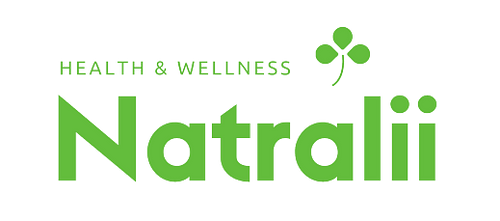by W.Gifford-Jones, MD

Would you like to improve your physical endurance? An exercise routine is the answer. Being physically and mentally active leads to a longer life. But diet can help too. You can start “beeting” yourself to improved health simply by adding beets to your menu. You should also know that nitrates in beets can treat more than one medical problem.
Atherosclerosis, thickening of the inside lining of arteries, decreases the flow of oxygenated blood to coronary arteries. This results in anginal pain or heart attack.
For years researchers have known that nitroglycerine eases angina. But they had no idea why it dilated coronary arteries and increased blood flow to the heart.
Then, three U.S researchers received the Nobel Prize for proving it was nitric oxide (NO) that caused arteries to dilate. Early in life the inner lining of arteries processes large amounts of NO. But as we age the amount of NO decreases, often with disastrous consequences.
In 2009, a research team at the University of Exeter in England reported a surprising discovery. They showed that athletes who drank beet juice for six days improved their physical endurance by 16 percent while cycling. Equally amazing, beet juice was even more effective than physical training!
The active ingredient in beets is nitrate. This becomes converted into nitrite and finally to nitric oxide which is continuously synthesized in the endothelium (the inside lining of arteries). Lay this exceedingly thin layer of endothelial cells on a flat surface and they would occupy an entire soccer field!
Nitric oxide has been labelled the “miracle molecule” as it helps so many diverse medical problems. For instance, since it dilates coronary arteries it can help to decrease the pain of angina and lower blood pressure.
Experiments show that NO also adds lubrication to the circulatory system. After all, it's impossible to eat beets and direct them only to coronary arteries. Rather, NO travels to all organs and in the process prevents blood platelets, part of the clotting process, from stick together causing a heart attack. It also decreases chronic inflammation, another factor associated with coronary attack.
Other research shows that NO lowers blood cholesterol, triglycerides, increases good cholesterol and lowers bad cholesterol. It also prevents bone destruction by osteoclasts.
Today, millions of North Americans suffer from asthma due to inflamed, constricted, mucous clogged airways. Part of the problem is pollution and allergies. Experts at Hammersmith Hospital in London, England, report that NO helps to maintain a biochemical balance in the air passages, decreasing inflamed airways.
Another major problem worldwide is the epidemic of Type 2 diabetes. This disease causes insulin resistance, making it hard for glucose to enter cells. High blood sugar gradually destroys the circulatory system triggering a series of problems, the big one atherosclerosis. Decreasing the amount of blood to organs results in blindness, kidney failure, leg amputations and heart attack. NO helps to control these problems.
What can you do to increase NO? Losing weight and exercising boost NO levels. But people with unhealthy endothelial cells may have diminished nitric oxide bioactivity as compared to those in good health.
So why not improve the diet with foods rich in nitrate? Adding more beets is good advice. Other foods with a high content of NO include leafy green vegetables such as spinach, wild radish, kale and swiss chard.
You don’t like any of these vegetables? Try dark chocolate and wine. Both increase NO. But remember moderation.
If you are interested in natural supplementation, then NEO40 is yet another option.
